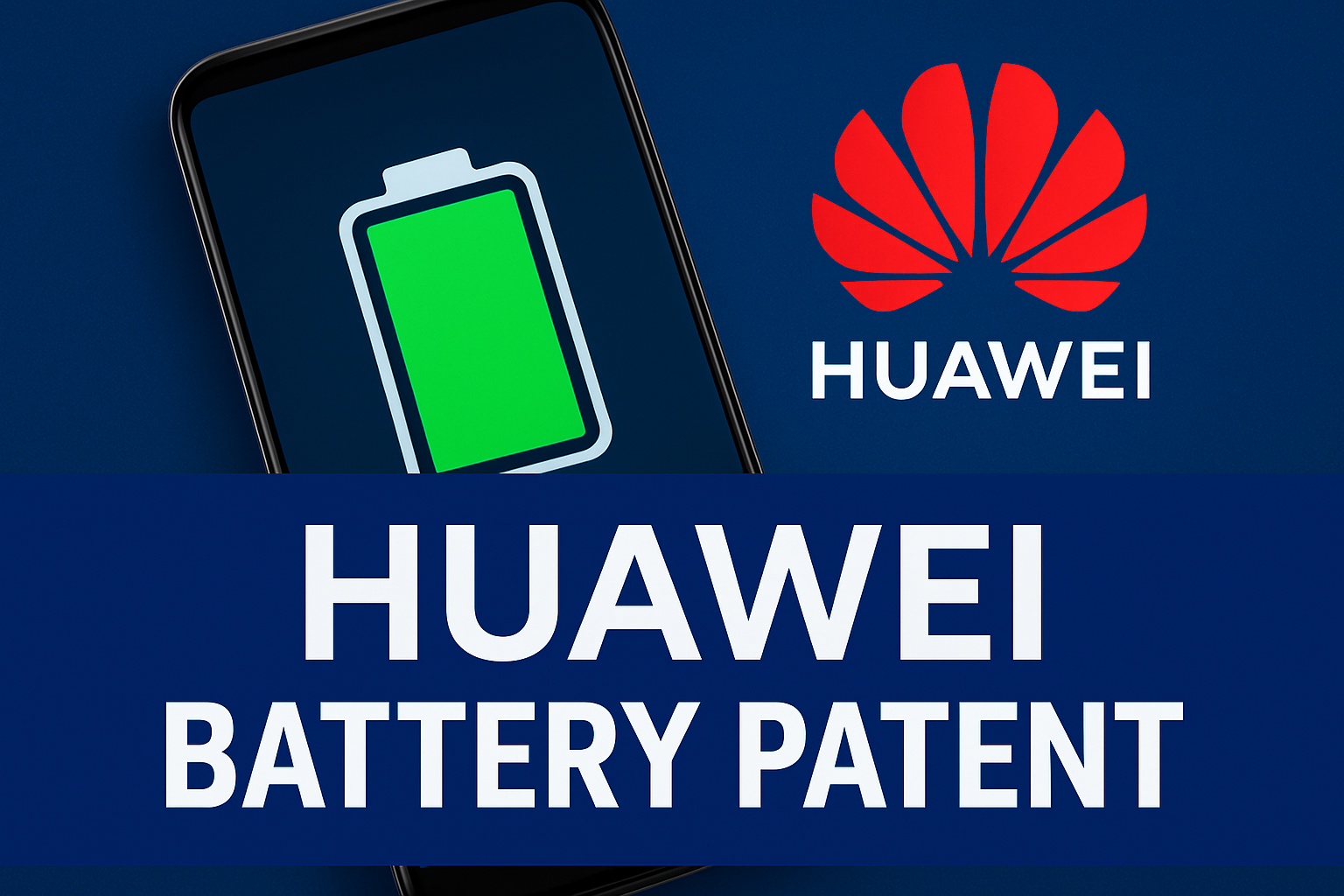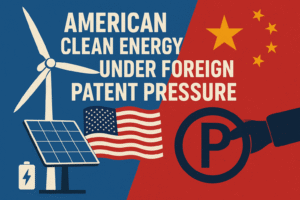Huawei has received approval for a new battery technology patent that could significantly improve the performance and lifespan of future smartphones. The patent, titled “Composite Electrode Material and Preparation Method, Lithium Battery, and Electronic Device,” was originally filed in September 2021 and was officially granted this week.
A Smarter Electrode Design
At the heart of this innovation is a composite electrode material wrapped with an organic fiber structure. This design tackles a common challenge in lithium batteries: plastic deformation that occurs when the battery undergoes repeated charging and discharging cycles.
By introducing organic fibers, Huawei’s method enhances the structural stability of the electrode. This not only minimizes deformation but also improves adhesion within the material through a chemical interaction known as the CONH group. In simple terms, the battery becomes more resistant to wear and tear, allowing it to last longer without losing efficiency.
Extending Smartphone Battery Life
Battery performance remains one of the top concerns for smartphone users. While hardware and software optimizations have helped in recent years, physical degradation of battery materials still limits overall lifespan.
Huawei’s new approach aims to directly strengthen the electrode layer, meaning future smartphones could enjoy:
- Longer battery lifespan with reduced capacity loss over time.
- Higher reliability during extended usage.
- Better performance retention, even after hundreds of charging cycles.
This patent builds on Huawei’s ongoing research into next-generation energy storage. The company has previously explored advanced graphene batteries and fast-charging technologies, signaling a broader strategy to lead in smartphone power solutions.
Industry Implications
Huawei’s development comes at a time when global smartphone makers are racing to deliver safer, longer-lasting batteries. With Apple and Samsung investing heavily in solid-state battery research, Huawei’s focus on composite electrode materials provides another possible path toward breakthroughs in energy storage.
If commercialized, this technology could reduce the frequency with which consumers replace their smartphones due to degraded batteries. It also aligns with global trends in sustainable technology, where improving efficiency helps lower electronic waste.
What’s Next
Although the patent has been approved, Huawei has not yet confirmed when this battery technology will appear in commercial products. Given the increasing competition in the premium smartphone market, industry watchers believe Huawei could integrate it into upcoming flagship models to gain a performance edge.
For now, the approval highlights Huawei’s strategic investments in core hardware innovation—an area the company continues to prioritize despite challenges in global markets.
🔗 External References:
- Huawei Central Report
- Battery University: Electrode Degradation Explained
- CNIPA (China National Intellectual Property Administration)





